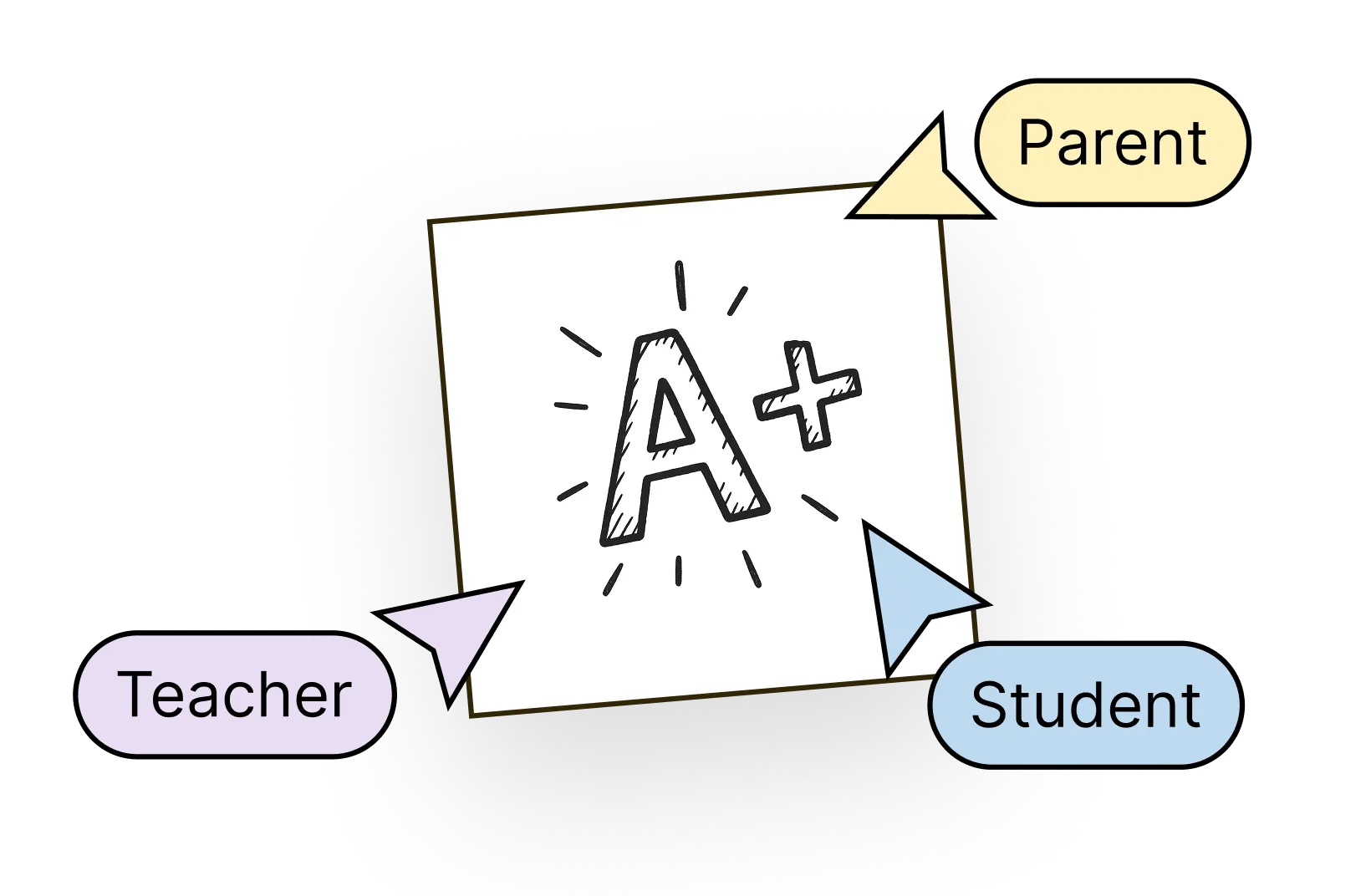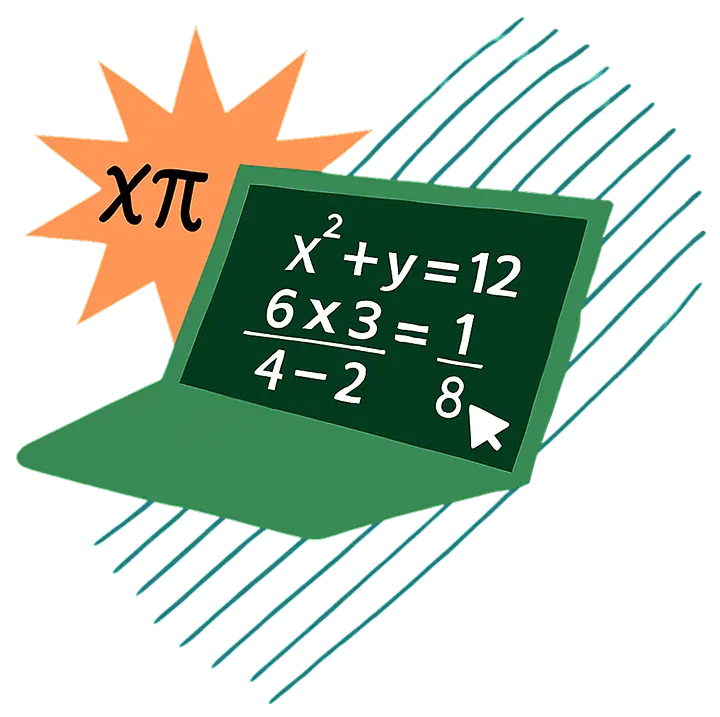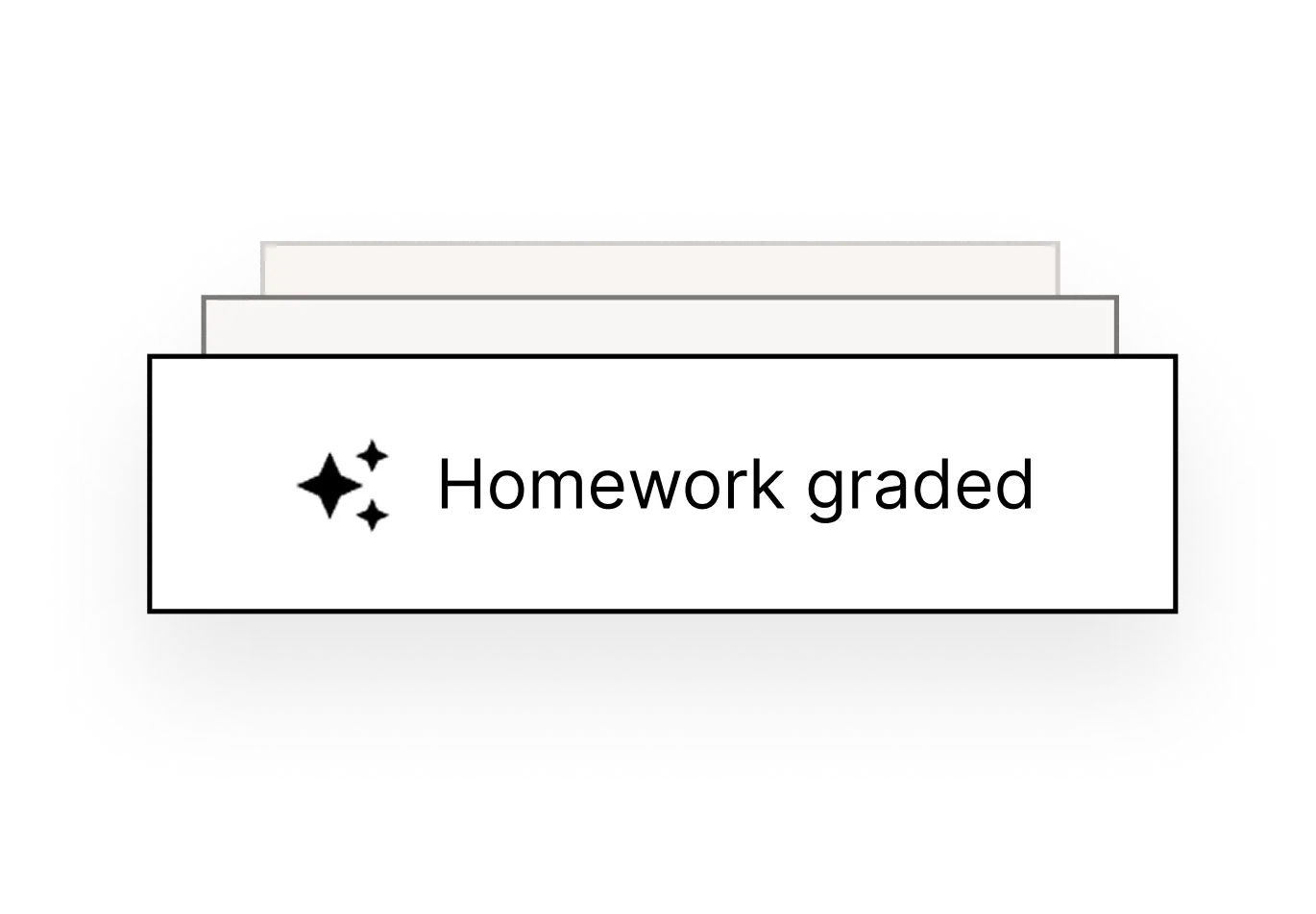Trusted by 100K+ Parents
Supporting Your Math Journey
Clear video lessons, instant feedback, and real results for the Saxon Math and Singapore Math-Dimensions curriculums.
Trusted by 100,000+ parents
and teachers.
Students Helped
Platform
How do you teach math - without the stress?

Without Nicole the Math Lady

With Nicole the Math Lady
She makes the lessons lively! Nicole…has a casual, friendly, encouraging attitude that students are likely to enjoy. She includes her own techniques for remembering concepts—mnemonics, tricks, silly songs.
Cathy Duffy
Cathy Duffy Reviews
Unlock Math Confidence with the Math Pass

All-in-One Support
Video lessons, automated grading, extra practice, and progress reports all in one place.

A Full Year of Help
365 days of lessons, drills, and guidance - no gaps, no guesswork.

Total Flexibility
Switch between curricula or grade levels up to four times a year.
Nicole gave us back our connection during math! Her lessons made things click for my daughter, and I got to be the cheerleader again.
Julia Leinen
Homeschool Mom
Choose Your Curriculum
With your Math Pass, you get support for either of these proven curriculums:
Grades 3-12 • Spiral approach with continuous review
Grades 1-5 • Mastery-based Singapore Math approach
Without Nicole the Math Lady, I do not think I would still be able to be homeschooling our kids! They LOVE it! And I LOVE their test grades!
Virginia Schenker
Homeschool Mom
4 Ways Our Students Learn Math
From start to finish, our support tools make math more engaging, less stressful, and easier to understand.

Watch Concise Video Lessons
Short, step-by-step explanations that actually make sense


Instant Feedback with Online Grading
Answers are checked instantly so your child knows what’s right or wrong, right away.
Encourages your kid to try again, learn why they missed it, and build real understanding.
Let your kid practice without relying on you to explain or check every problem.

Master the Basics
Math Facts That Stick
Transform math facts practice into an engaging game that builds automatic recall and confidence. Fun, fast-paced learning helps math facts stick for life.



Track Progress and Celebrate Wins
Know exactly how your student is doing every step of the way
Works on any device. Nothing to install.

Wall of Love 💚
Real stories from families who turned math struggles into success
Frequently Asked Questions
- engaging pre-recorded video lessons
- automated online grading of all assignments
- extra practice by concept
- our multi-sensory math facts program, Drill Team
- progress reports
- $79 for the first student
- $59 for the second student
- $29 for each additional student
Yes, absolutely! A Math Pass provides access to either and you can assign whichever works best for each student.
However, as always, you can customize your NTML experience by disabling features for your specific students (including Online Grading.) But, before you toggle the disable button, we would like to suggest you consider giving Online Grading a chance. Why?
Because Online Grading is an educational tool your student can use to:
- reduce mistakes!
- increase learning!
- gain independence!
Online Grading does not, however, remove you from the process. With Online Grading, you will:
- better understand your student's trouble spots.
- be aware when/where your student needs assistance.
- be able to assign extra practice problems as needed.
You can read more about Online Grading here.
Get started for free
No pressure. No risk. Just a better way to learn math, starting today.

